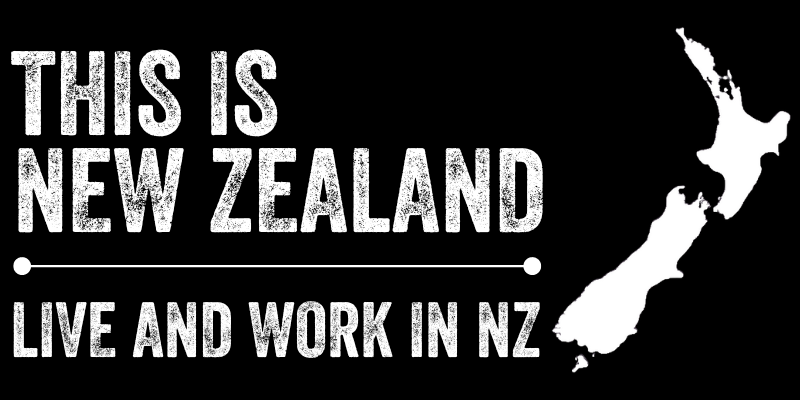Psychiatrist
Position: Psychiatrists
No. of positions: Multiple
Location: Nationwide
NZSID is on the hunt for qualified psychiatrists who are seeking a change of scene and a new lifestyle, for positions across New Zealand.
You will need a specialist qualification in psychiatry and be eligible for Vocational Registration with the Medical Council of New Zealand (MCNZ), which may require you to convert your national qualifications. If you have trained in UK/Ireland/Western European countries/ Canada/US and Australia you are reasonably likely to be able to work in New Zealand.
Psychiatry registration:
https://www.mcnz.org.nz/get-registered/how-to-register/
In New Zealand General Adult Psychiatry, patients are normally referred by a General Practitioner, but patients can also present themselves when in crisis. There is a continuum of care model with care ranging in intensity from an inpatient unit, to specialist community mental health teams (CMHTs), to excellent partnerships with Mental Health Non-Government Organisations (NGOs).
Most general adult psychiatrists are based at one of the CMHTs, covering a designated geographical area, where they work very closely and in collaboration with their nursing and allied health colleagues.
Roles & Responsibilities
Your general roles and responsibilities include:
To study patients' medical and psychiatric histories
Consult with patients and carry out tests to determine treatment
Provide personalised treatments such as psychological therapy
Prescribe and monitor medication
Help patients manage long-term mental health conditions
Work with patients and their families/whānau to understand patients' likely response to treatment
Work with other medical staff, such as nurses and psychologists, to co-ordinate and provide assessments, rehabilitation and recovery programmes
Admit patients to hospital if required
Mentor trainee psychiatrists
Prepare psychiatric reports and give evidence in court.
Skills and knowledge
You will need to have knowledge of:
How to diagnose psychiatric disorders
Different diseases and illnesses, both mental and physical
Medicines and treatments, and the effects these have on patients
Medical ethics and law
New research, treatments and practices in their field

